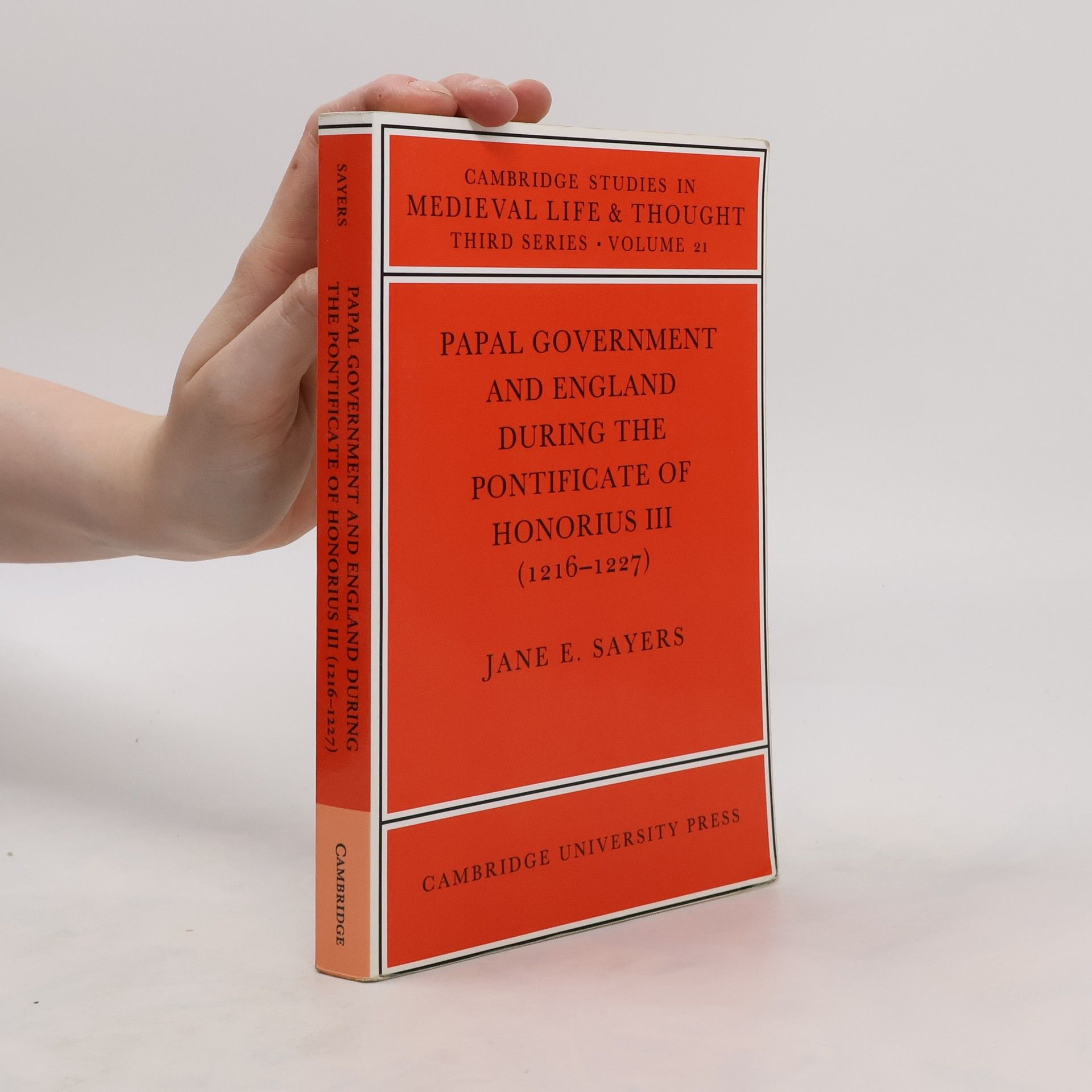Politics, Finance and the Church in the Reign of Edward II
- 264bladzijden
- 10 uur lezen
Walter Stapeldon, fifteenth bishop of Exeter, was the founder of Exeter College, Oxford, and the greatest of Edward II's treasurers of the Exchequer.
Deze serie duikt in de rijke en complexe wereld van de Middeleeuwen, met een focus op het dagelijks leven en de denkprocessen. Het onderzoekt belangrijke aspecten van de samenleving, cultuur en intellectuele ontwikkeling die dit fascinerende tijdperk vormden. Elk deel biedt diepgaande inzichten in diverse onderwerpen, van religie en politiek tot kunst en wetenschap. Het is essentiële lectuur voor iedereen die de middeleeuwse mentaliteit en haar blijvende erfenis wil begrijpen.




Walter Stapeldon, fifteenth bishop of Exeter, was the founder of Exeter College, Oxford, and the greatest of Edward II's treasurers of the Exchequer.
Logic, Theology and Philosophy in the Early Middle Ages
Focusing on the Carolingian Renaissance, this study explores the emergence of philosophical thought in the late eighth century, highlighting how theologians began to engage with logical inquiry. Key themes such as essence, the Aristotelian Categories, and the problem of Universals are examined through the works of significant figures like Alcuin and John Scottus Eriugena. The author utilizes a fresh analysis of manuscript sources and provides critical editions of previously unpublished early medieval philosophical texts, shedding light on the intellectual environment of the time.
Economic Relations Between the Norman Kingdom of Sicily and the Northern Communes
The book explores the economic dynamics of twelfth-century Italy, focusing on the interconnected commercial interests of the Norman Kingdom of Sicily and the maritime ports of Genoa, Pisa, and Venice. Utilizing largely untapped archival sources, it details how northern Italian merchants sought to expand their influence in Sicily through agreements with Norman rulers and other powers. The text highlights Sicily's role as a key exporter of wheat and cotton, illustrating a division between an agrarian south and an industrializing north, driven by the exploitation of southern resources.
This study of the administrative 'revolution' of the thirteenth-century papacy investigates the background and career of Honorius III, who was deeply involved in the developing administration of Chamber and Chancery from the late twelfth century, and reveals a picture of evolution rather than revolution in the papal offices of state. Honorius's Chancery is subjected to a vigorous examination. Valuable appendices list all the known papal scribes and provide diplomatic commentaries. Tables indicate details about the registers and the registrative system. The central machinery is shown in action, particularly in dealing with English affairs and petitioners and Honorius's place in the development of canon law is discussed in relation to the English background and experience.